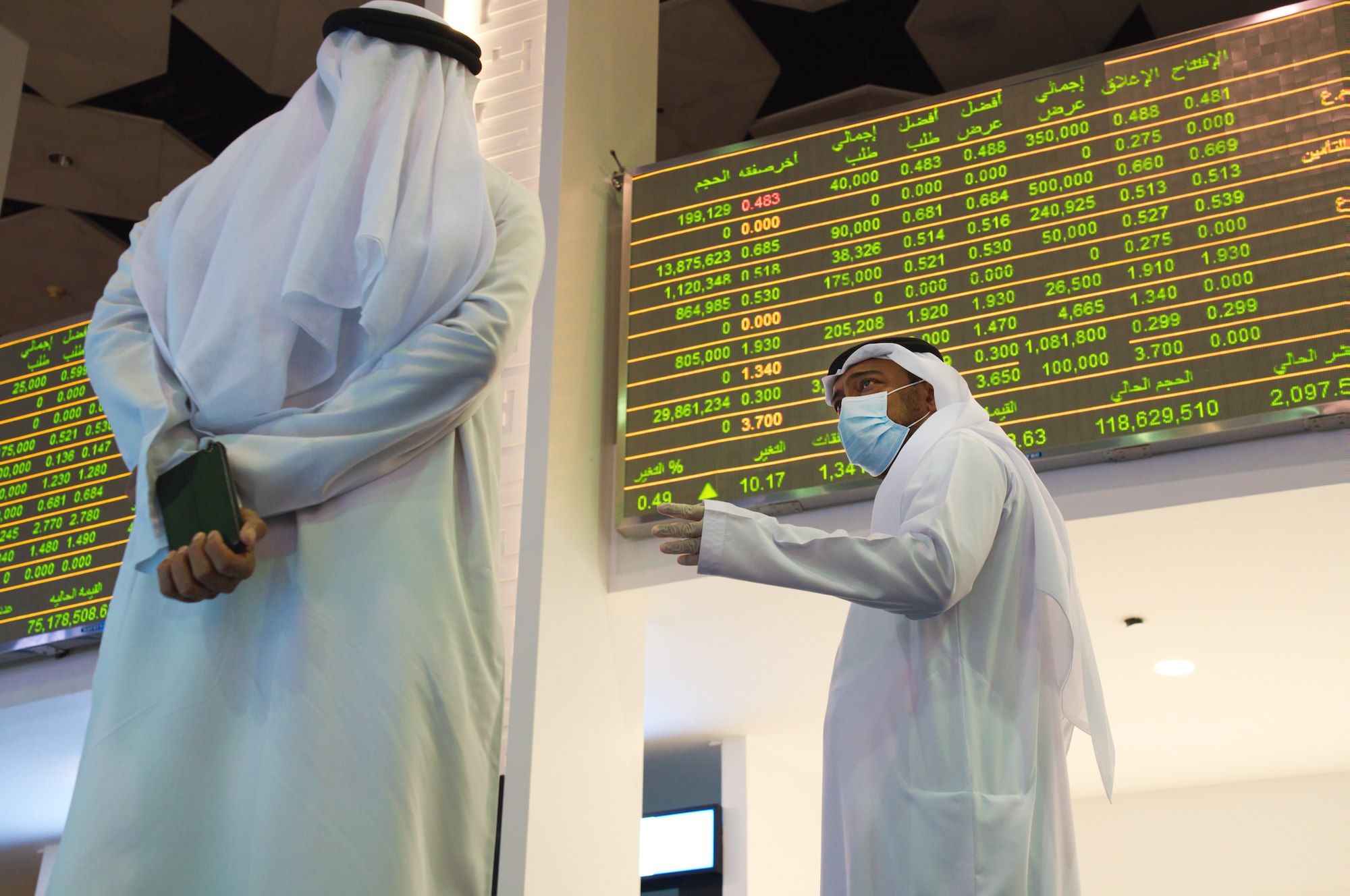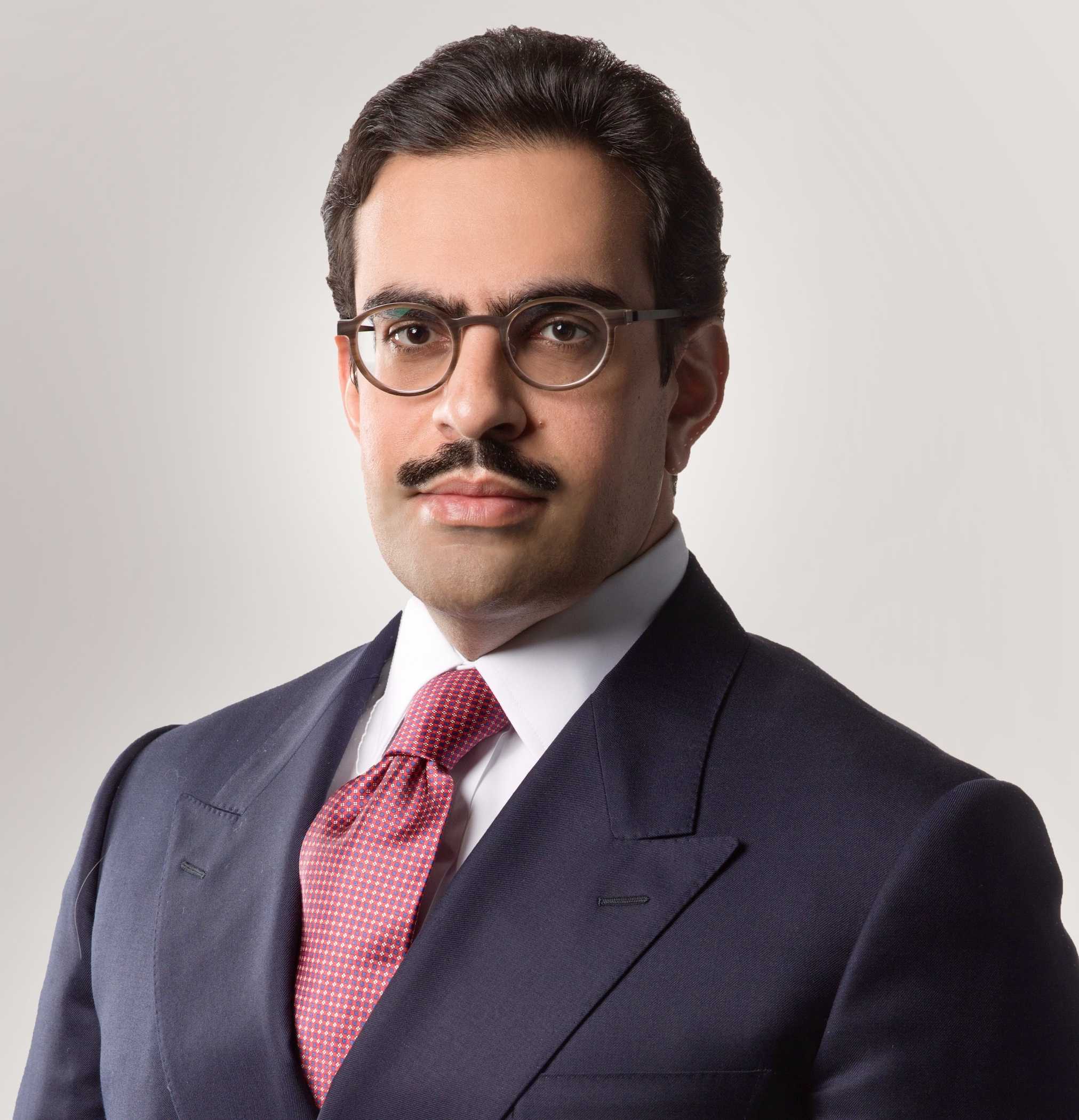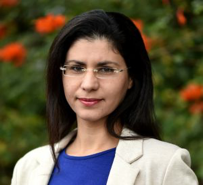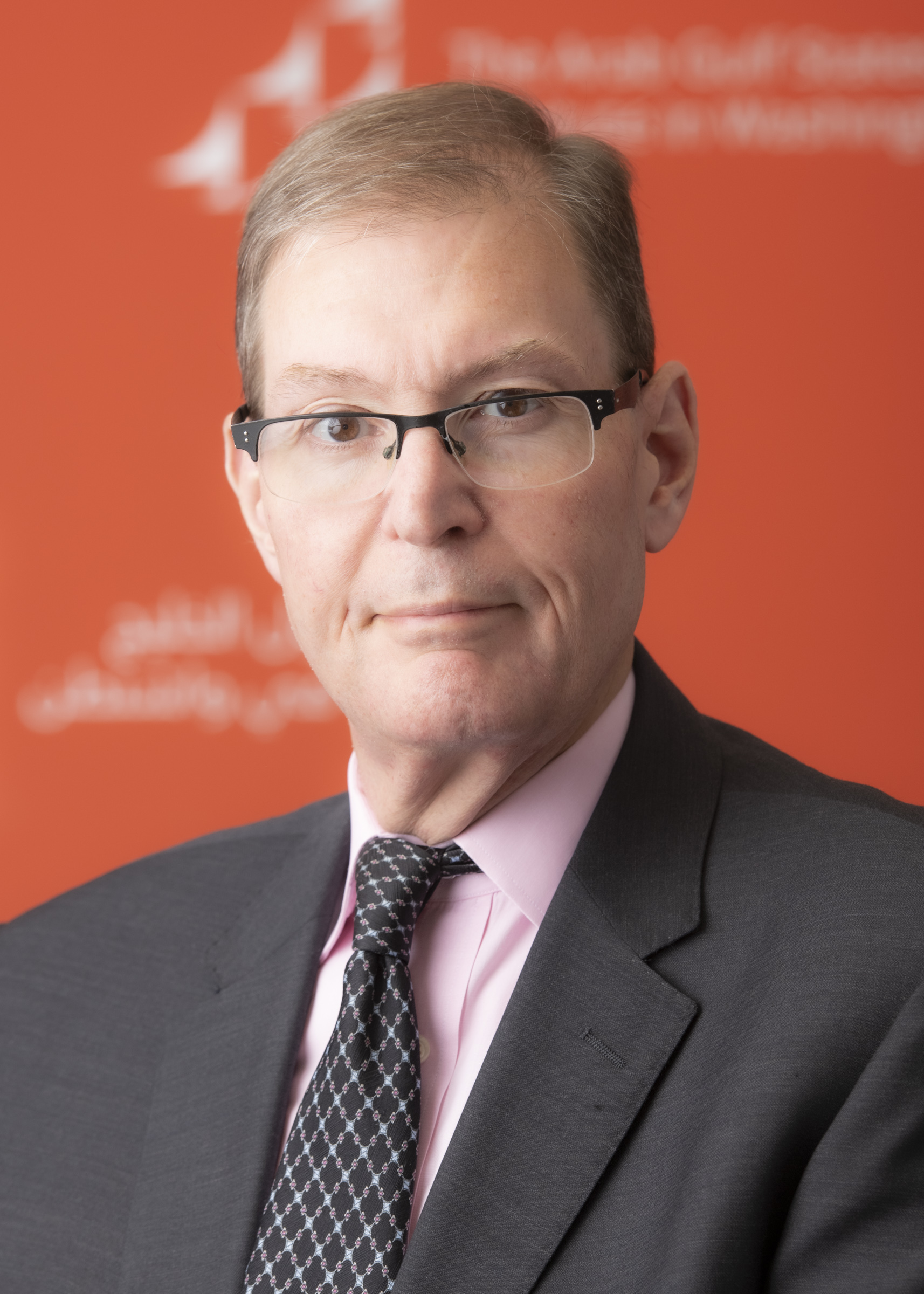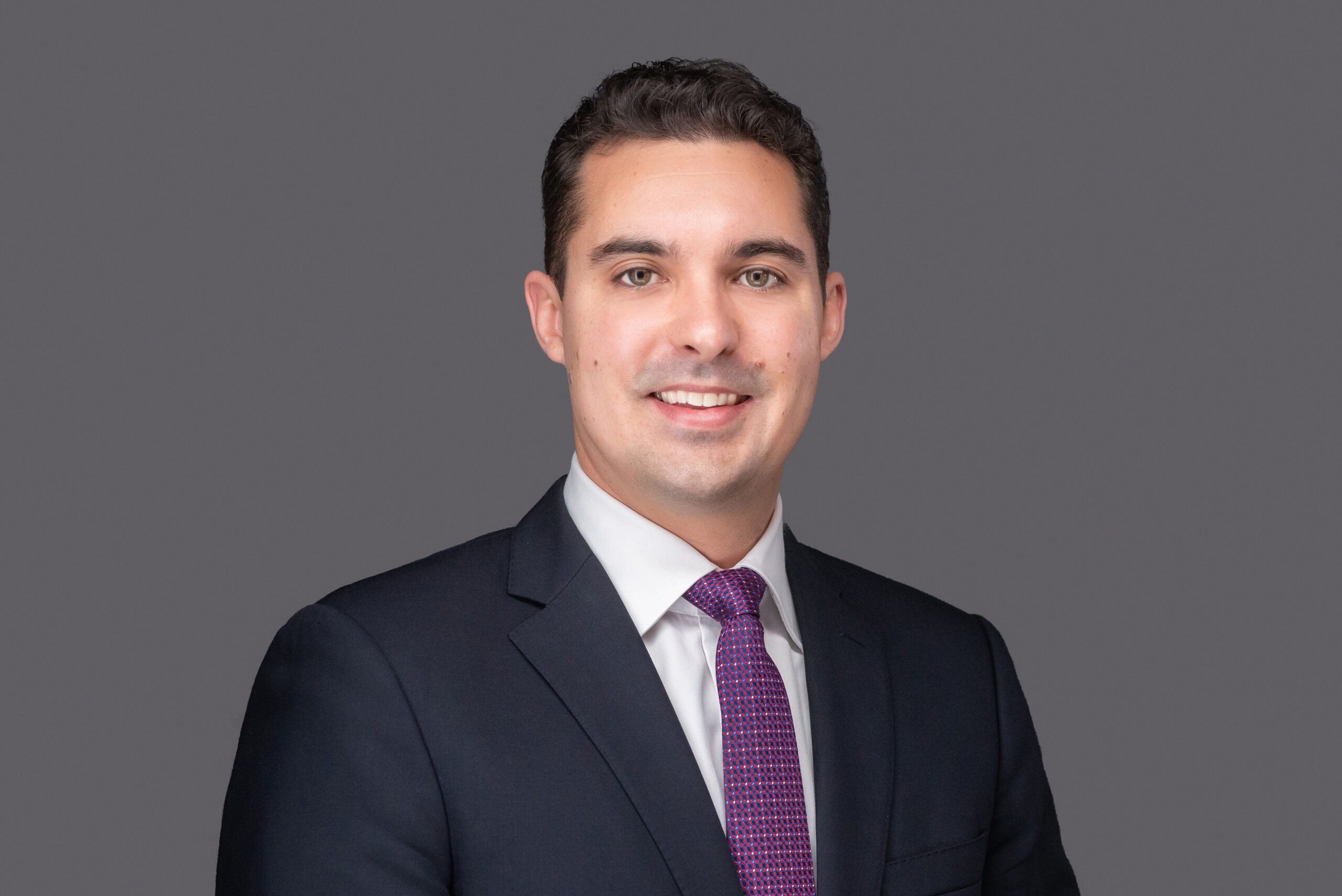Bahrain
Nov 6, 2020
Virtual Roundtable With Sheikh Abdullah bin Rashid Al Khalifa
On April 23, AGSIW hosted a virtual private roundtable with H.E. Sheikh Abdullah bin Rashid Al Khalifa, ambassador of Bahrain to the United States.
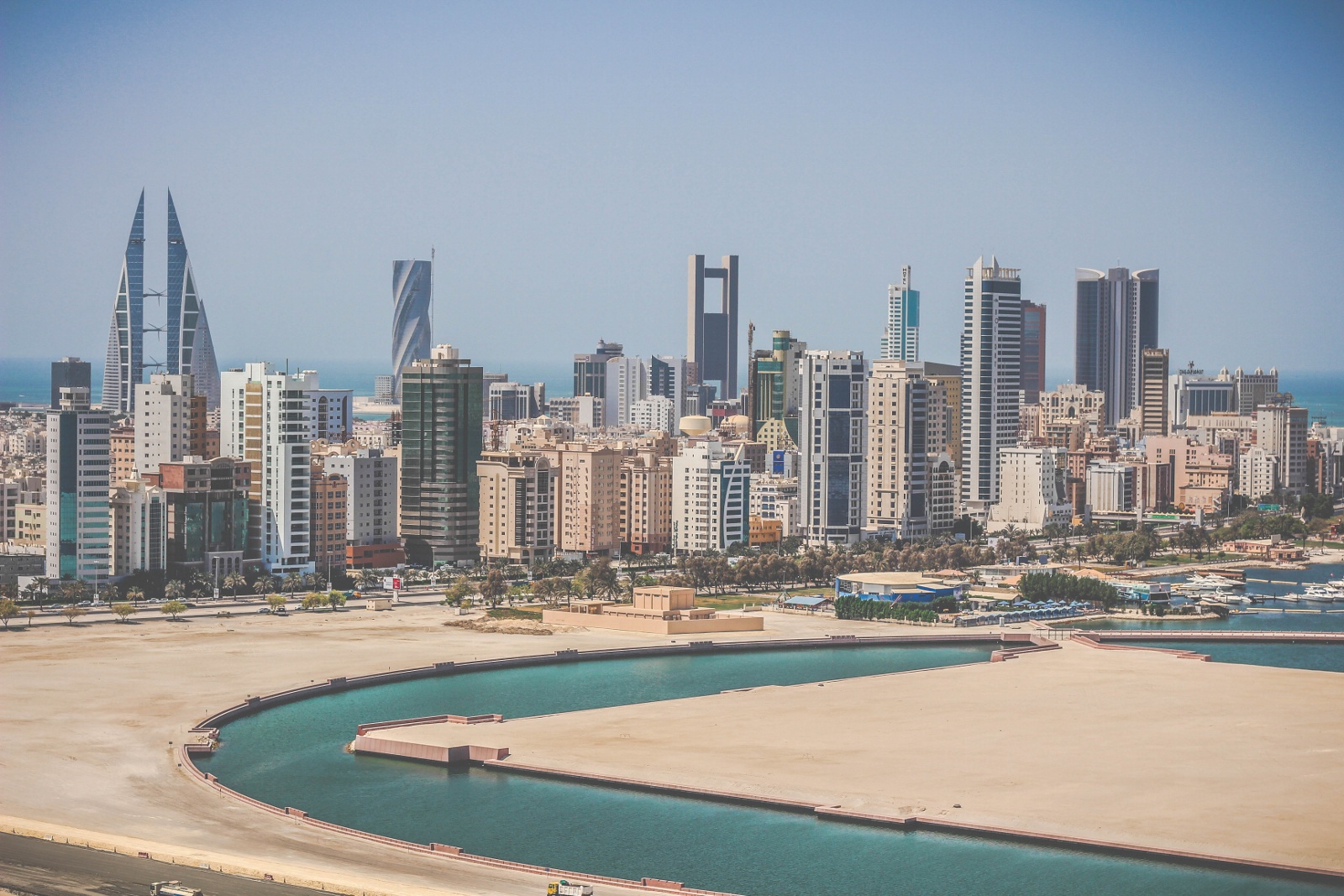
Oct 2, 2020
Multilateral Platforms Built Framework for Ties with Israel
Israel’s ties intensified in recent years with the United Arab Emirates and Bahrain and created an infrastructure conducive to the normalization of relations.

Sep 25, 2020
Gulf States’ Climate Change Policies Amid a Global Pandemic
The coronavirus pandemic represents an opportunity to reevaluate existing policies and tools, and climate change provides the needed lens for redirecting development onto sustainable trajectories.

Sep 16, 2020
Iran Chooses a Harsher Tone as it Reacts to the Bahrain-Israel Rapprochement
The normalization of relations with Israel provides another grievance Tehran can use to mobilize Bahrain’s Shias against their rulers.
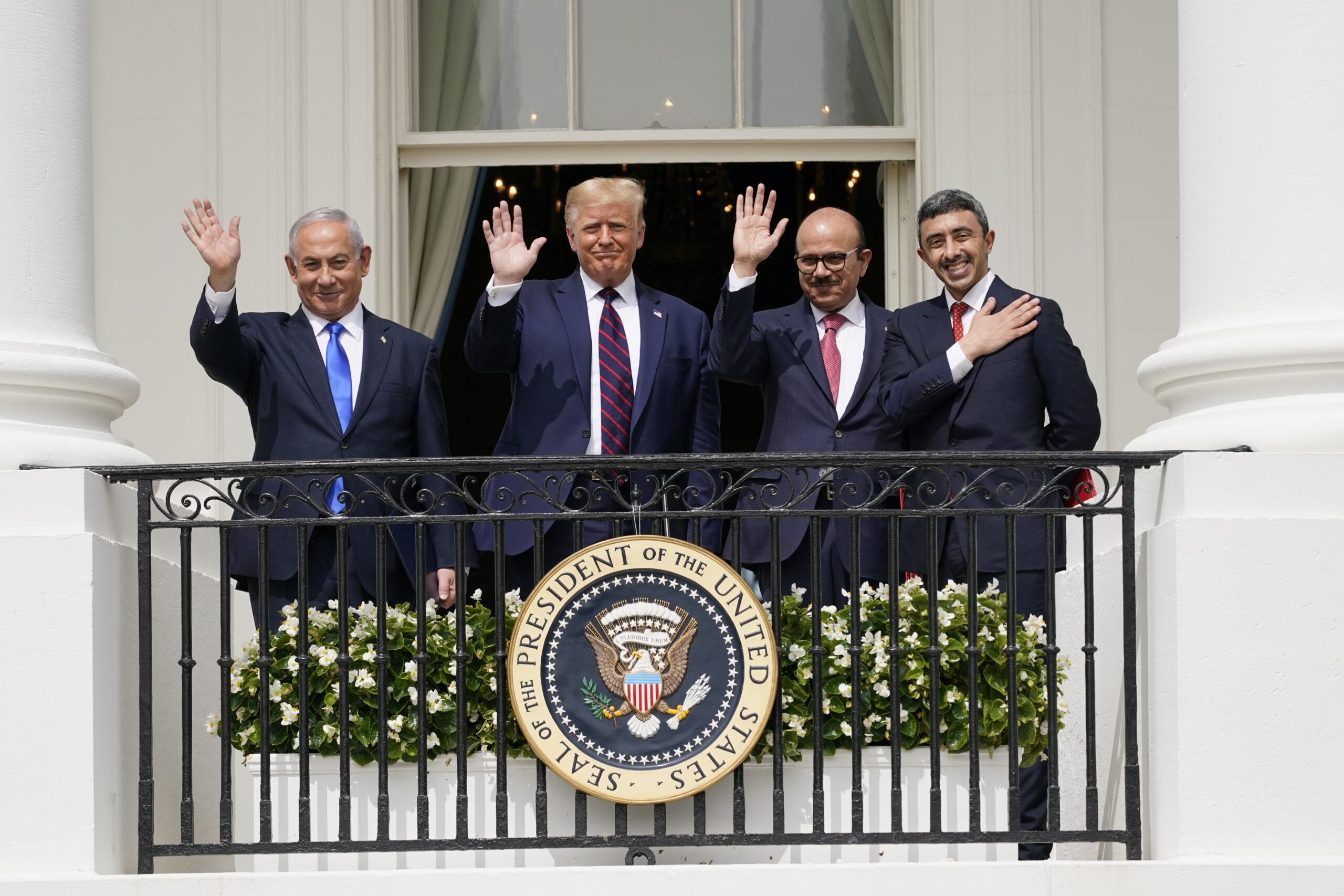
Sep 14, 2020
Why Bahrain is Embracing Normalization With Israel
While the UAE had a complex range of goals, Bahrain is focused on Iran.
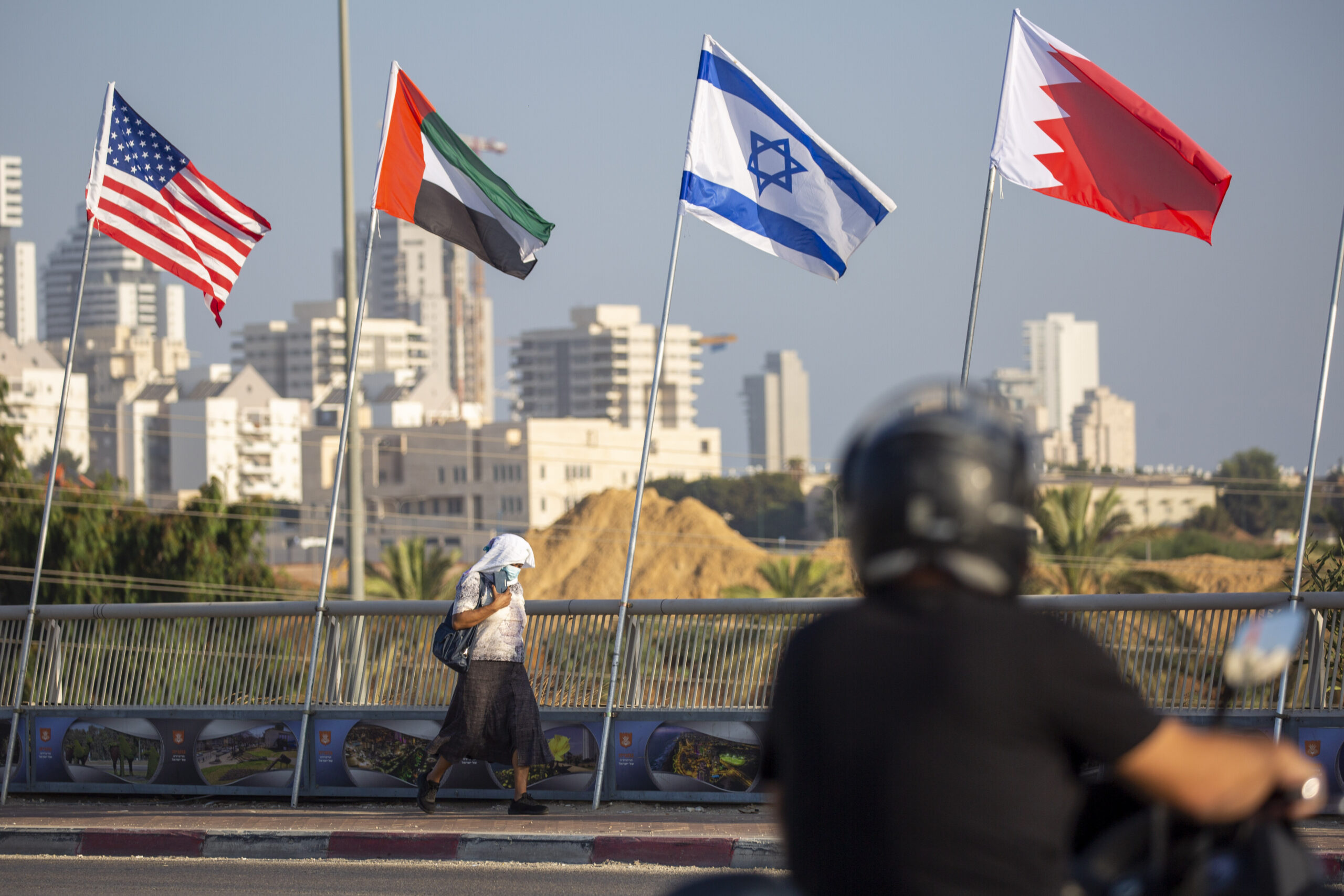
Aug 24, 2020
Public Debate Over the Abraham Accords Reflects Range of Views on Normalization in the Gulf
While political narratives on Israel are shifting under the influence of some determined state leaders, resistance to normalization remains across Gulf societies.
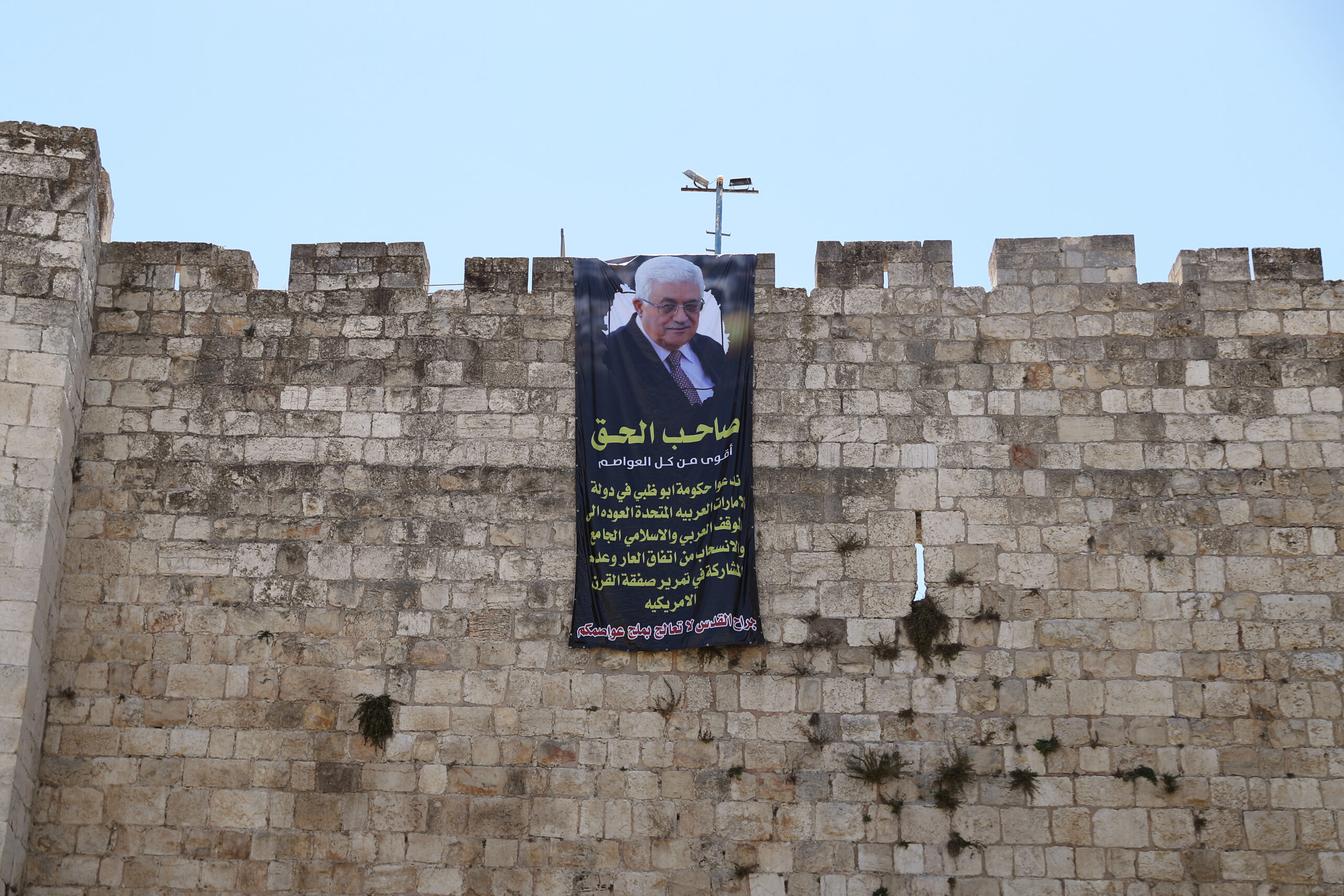
Aug 24, 2020
After the UAE, Who Will and Won’t Be Next to Normalize With Israel?
A number of countries are expected to follow suit, each for its own distinct reasons.
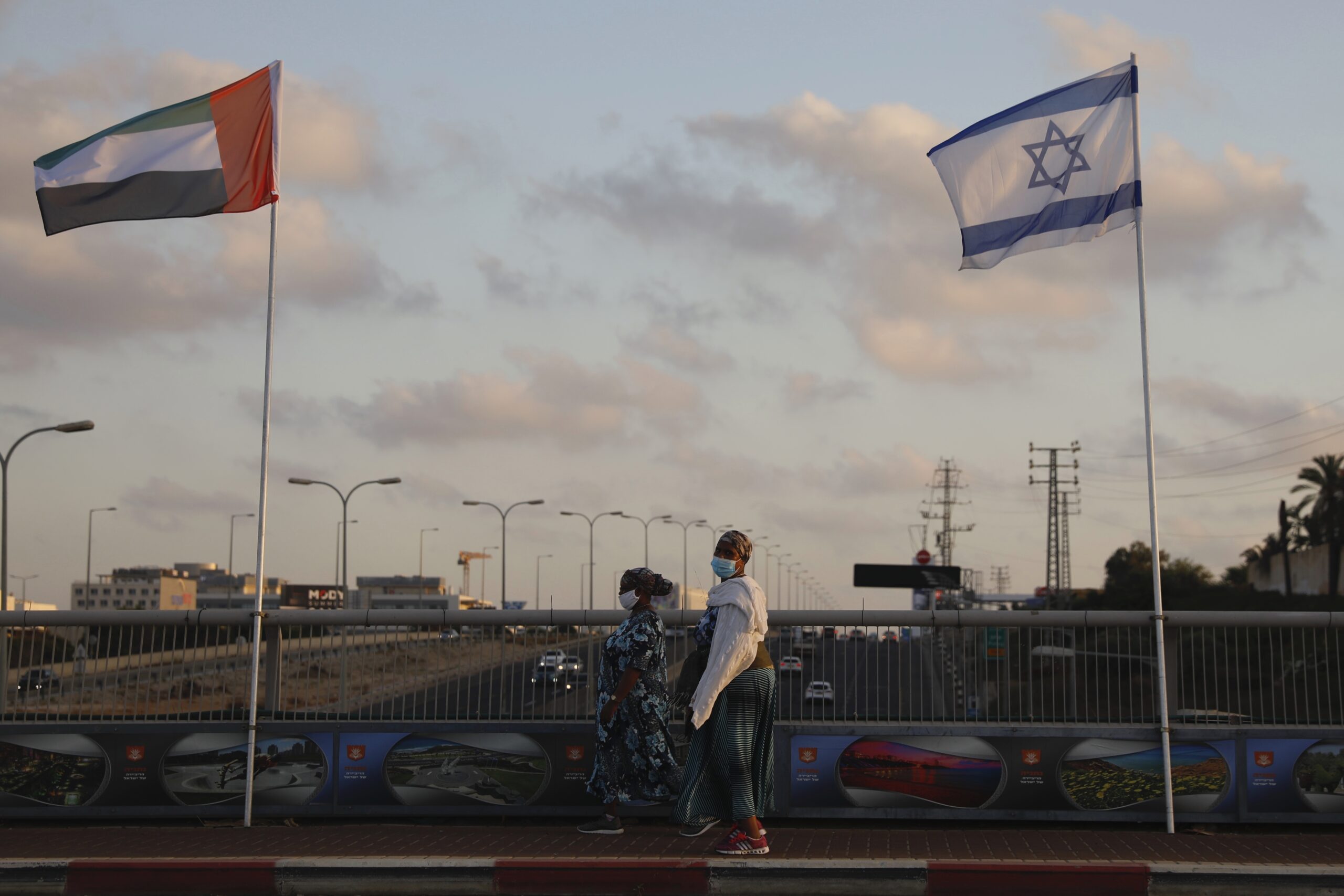
Aug 19, 2020
Is This Time Different? The Gulf’s Early Economic Policy Response to the Crises of 2020
As Gulf Arab policymakers continue to confront an ambiguous future, they will rely heavily on familiar economic policy measures and avoid straying from the status quo as long as possible.
